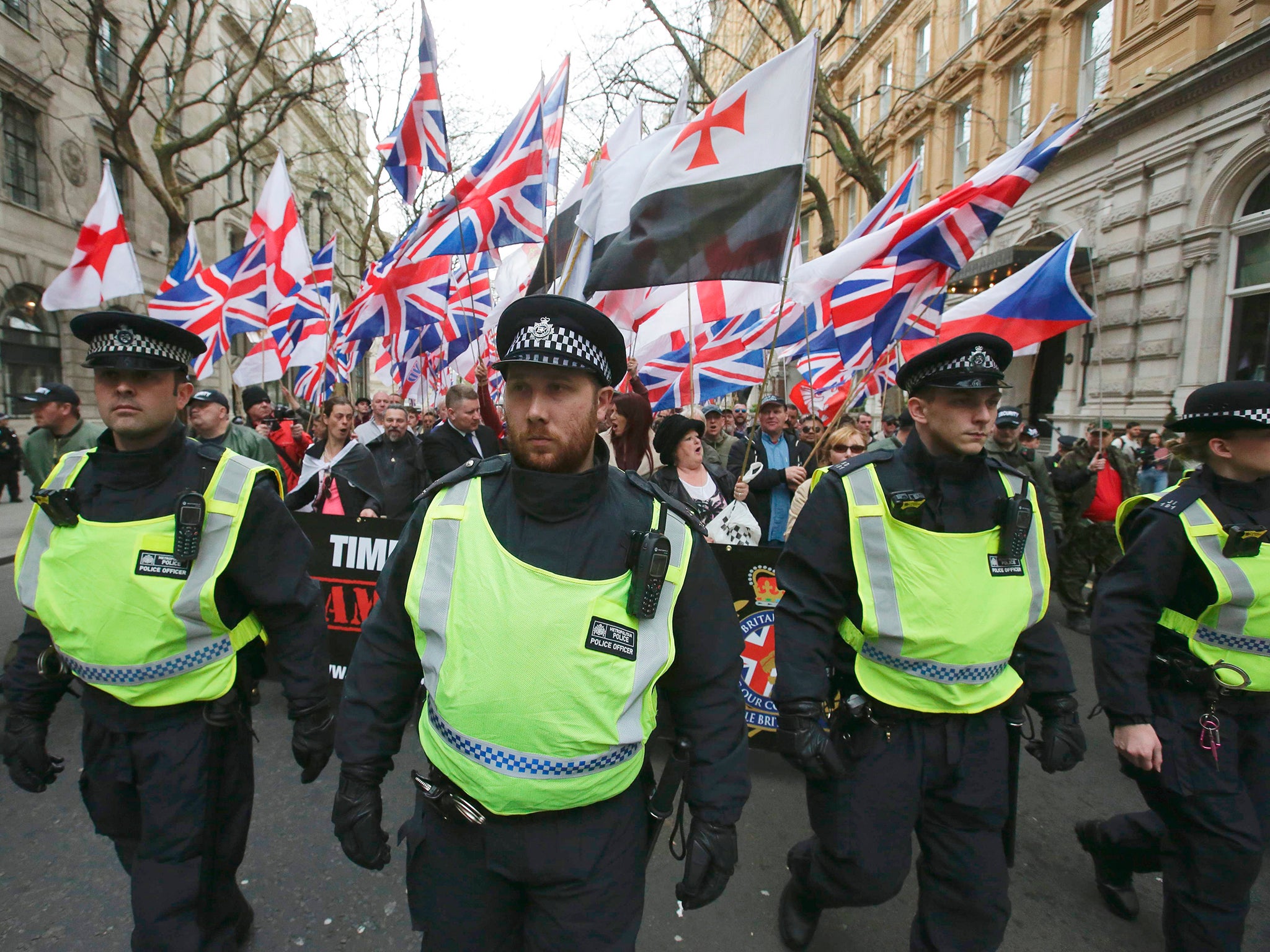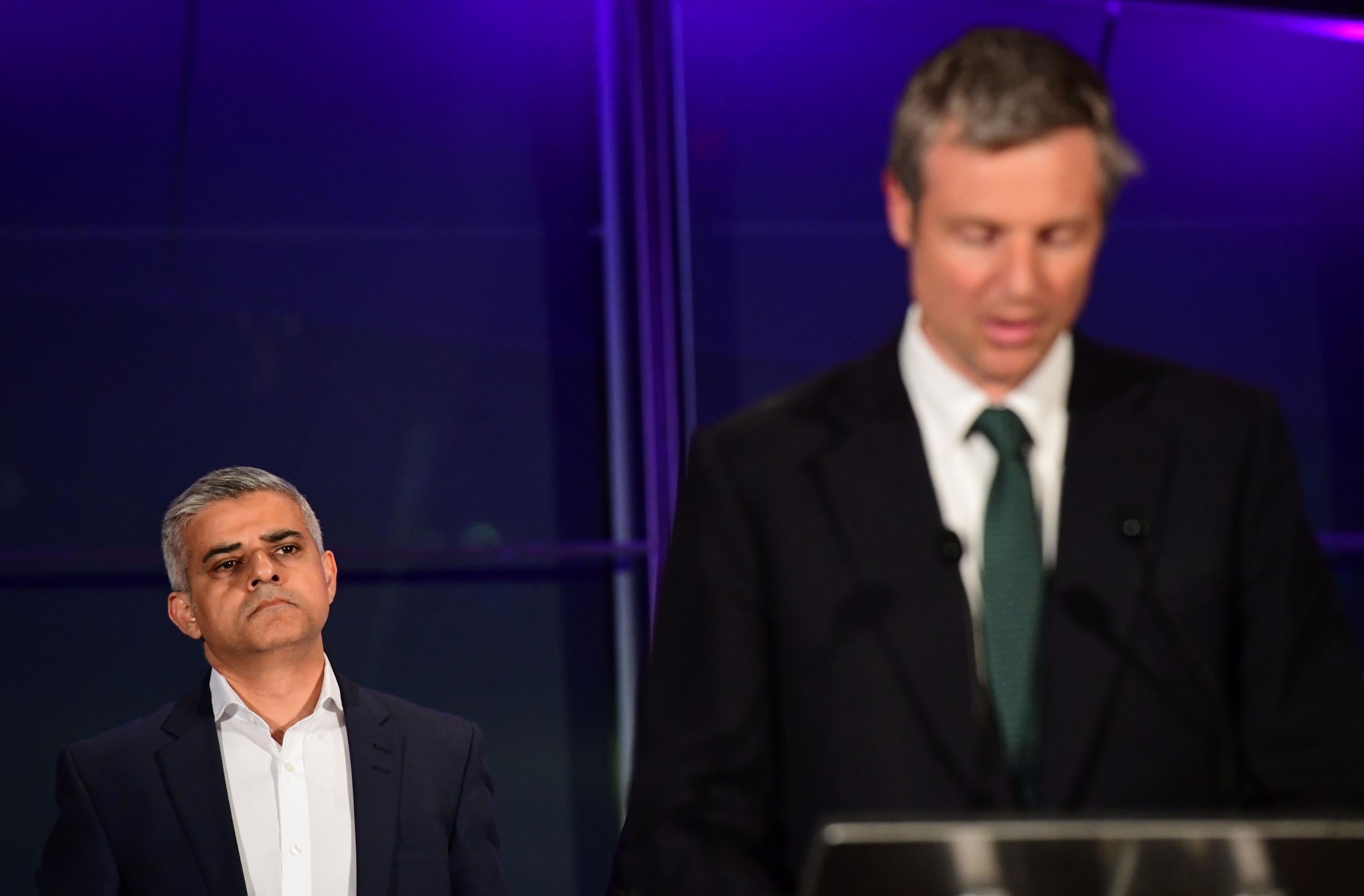British voters discriminate against candidates with foreign-sounding or ethnic minority names, study finds
An estimated 200 council seats a year could change hands due to discrimination, which declined until 2001 only to increase sharply from then on, study says

Your support helps us to tell the story
From reproductive rights to climate change to Big Tech, The Independent is on the ground when the story is developing. Whether it's investigating the financials of Elon Musk's pro-Trump PAC or producing our latest documentary, 'The A Word', which shines a light on the American women fighting for reproductive rights, we know how important it is to parse out the facts from the messaging.
At such a critical moment in US history, we need reporters on the ground. Your donation allows us to keep sending journalists to speak to both sides of the story.
The Independent is trusted by Americans across the entire political spectrum. And unlike many other quality news outlets, we choose not to lock Americans out of our reporting and analysis with paywalls. We believe quality journalism should be available to everyone, paid for by those who can afford it.
Your support makes all the difference.British voters are biased against political candidates with foreign or ethnic-minority sounding names, an academic study analysing nearly 40 years of election results has found.
Researchers estimate such discrimination could be a factor in swinging as many as 200 council seats every year – and that some types of discrimination are more intense than they have ever been.
The academics examined the outcomes for 400,000 candidates from British local elections dating from 1973 to 2012 and found that “candidates whose surnames suggest a British ethnic origin perform best, while non-Europeans attract fewer votes”.
“Vote share is adversely affected when British candidates are replaced by those with European and non-European surnames, while the opposite pattern of succession is associated with a boost in votes,” the analysis found.
“It is clear that the outcome of some elections has been determined by the parties’ choice of candidates.”
The study, published in the April 2017 British Journal of Political Science this month after being peer-reviewed, categorised names into “British” sounding, “European” sounding, and “non-European” sounding.
Using a computer programme, researchers then cross-referenced the names against Plymouth University Elections Centre's database of historic results and looked at the change in vote share for candidates relative to the party’s change in vote share in that year.
In wards with more than one councillor, researchers took a different approach and looked at how candidates with specific types of names performed relative to their colleagues from the same party.
The study found an average vote share penalty of over 5 per cent for foreign names. It identified a steady fall in the intensity of discrimination against non-European names from the 1970s until 2001, after which it rose again to its previous level. The level of discrimination against continental European names has been steadily rising, however, and is currently at its highest level recorded in the data.
The researchers said: “In the 1970s the impact of a candidate having a non-European name is more than 5 percentage points. This effect reduces in size by more than 1 percentage point over the next two decades, only to revert to its former size after the events of 2001 and the subsequent ‘war on terror’.
“This is not yet a statement about cause and effect, but it certainly suggests that the relationship should be investigated further. In the case of candidates with European names, it appears that the level of name discrimination has steadily risen over time from half of 1 percentage point to four times that in the most recent decade.”
The findings come after Parliament’s head of security warned the Home Affairs Select Committee that MPs from ethnic minorities are being disproportionately targeted for abuse on social media.

The study was conducted by political scientists Michael Thrasher, Colin Rallings, Richard Webber, and Galina Borisyuk. Mr Thrasher and Mr Rallings are well-known for their respected and long-running series of election forecasts.
The study concluded: “The evidence clearly points to name discrimination among some voters participating in local elections in Britain.
“As a rough estimate, if around 4,000 to 5,000 local council seats are contested annually, then the outcomes in about 200 of these are being decided, in part, by name recognition. Some of these seats will be important for determining the balance of power on the council itself.
“Although the general pattern shows that candidates with names suggesting a non-European ethnic origin perform least well compared to candidates with surnames indicating a British origin, there is also evidence that other factors, including local context and time, are relevant.
“Indeed, in local authorities with a high proportion of non-Europeans it is candidates with European names that appear at a disadvantage. It is perhaps understandable that local election voters want ‘people like us’ to run their local council services.
“The initial analysis of time effects provides clues that voter choices are sensitive to external events that temporarily affect attitudes towards particular groups in society.”
Join our commenting forum
Join thought-provoking conversations, follow other Independent readers and see their replies
Comments